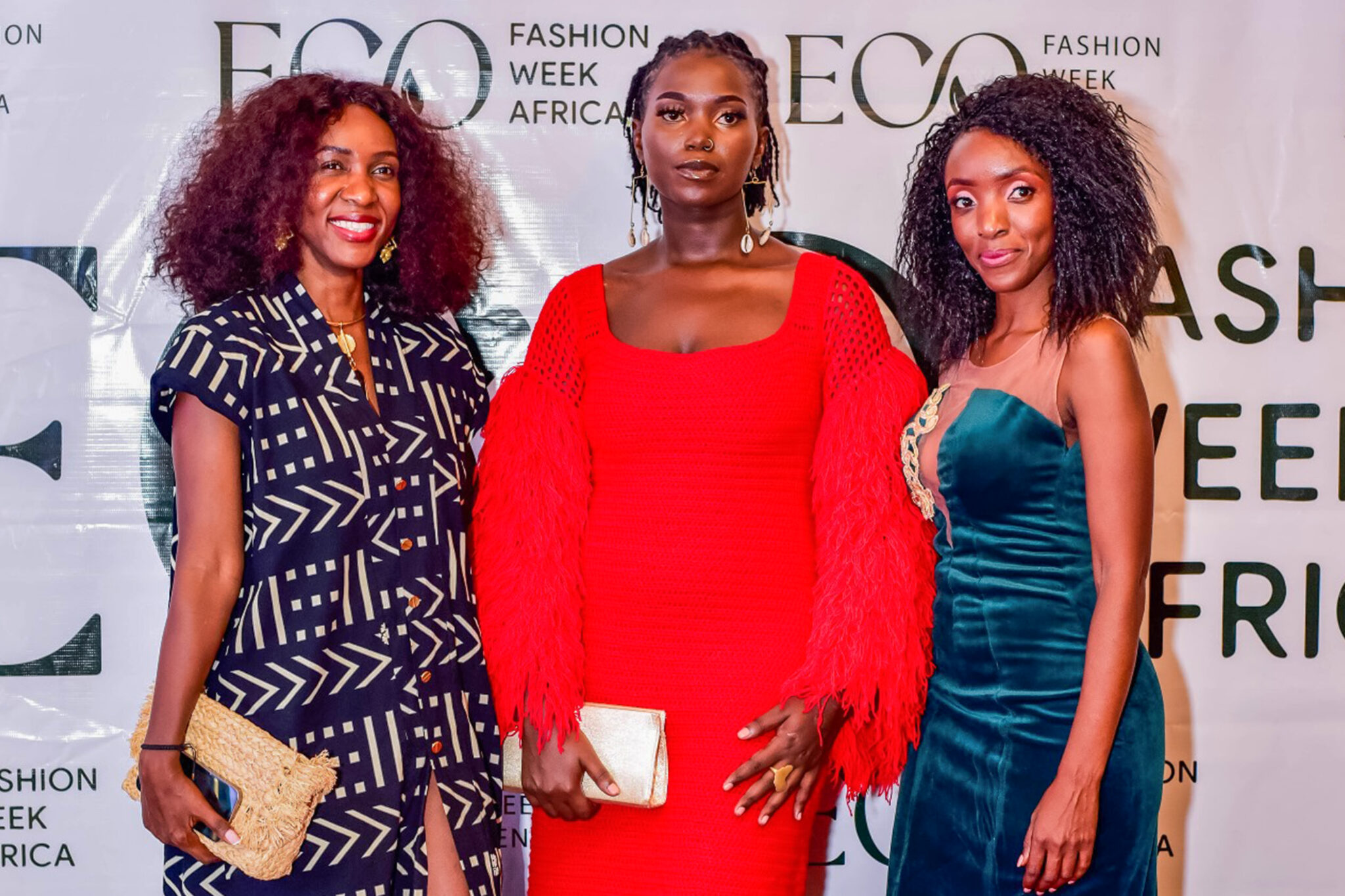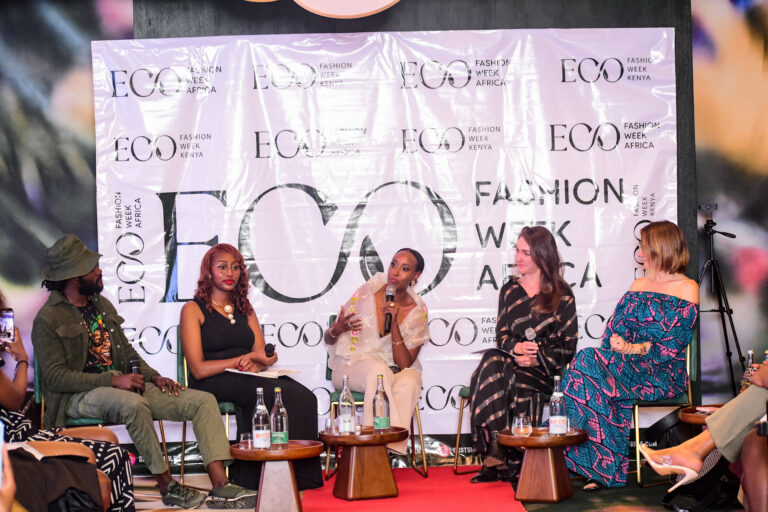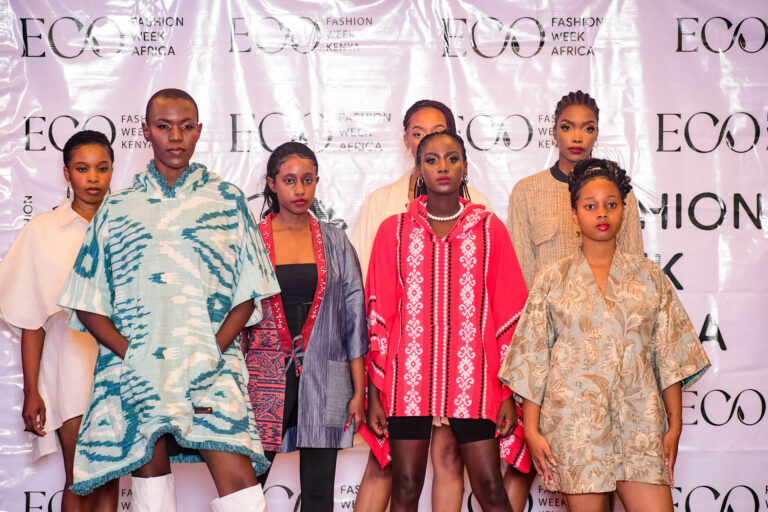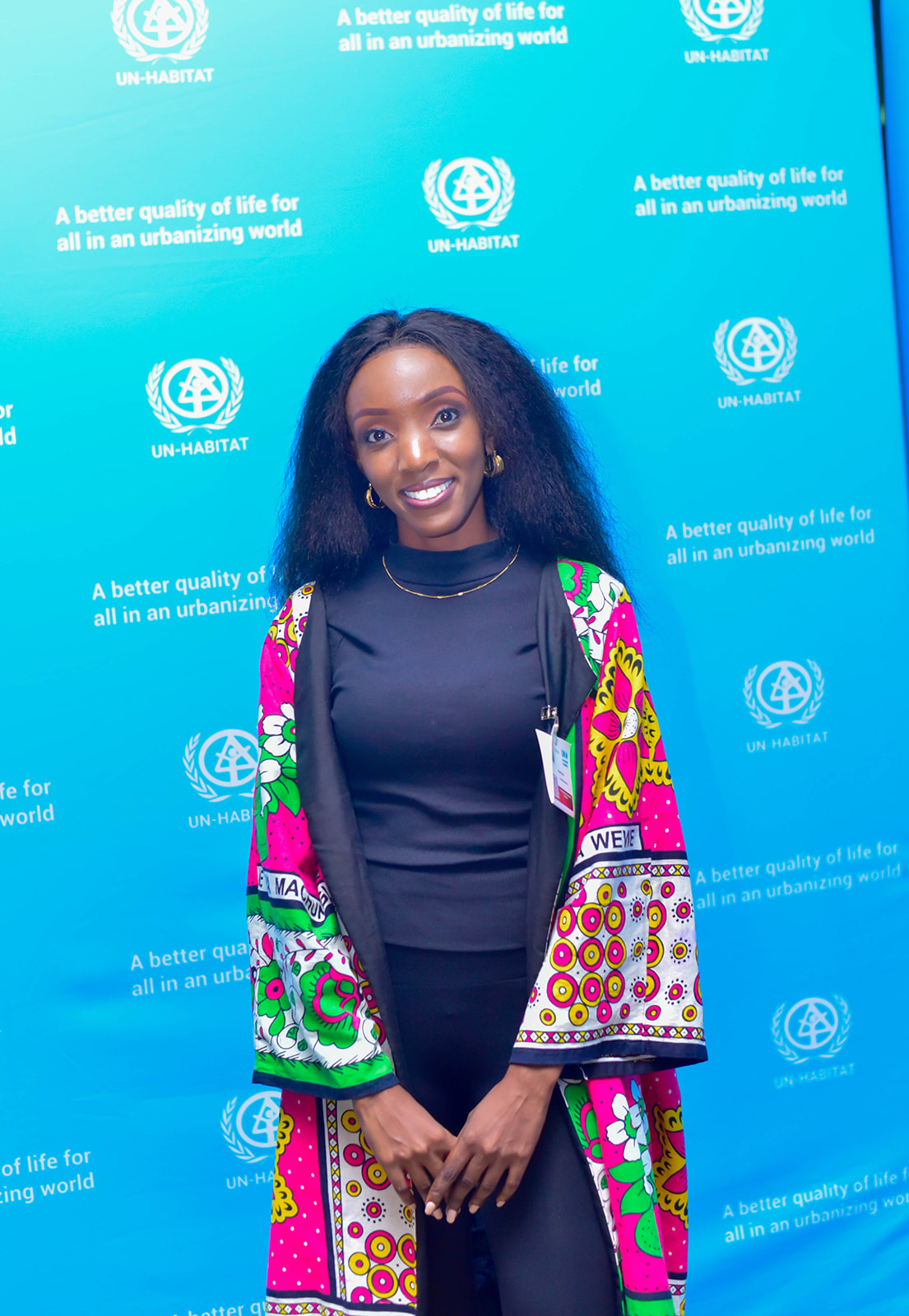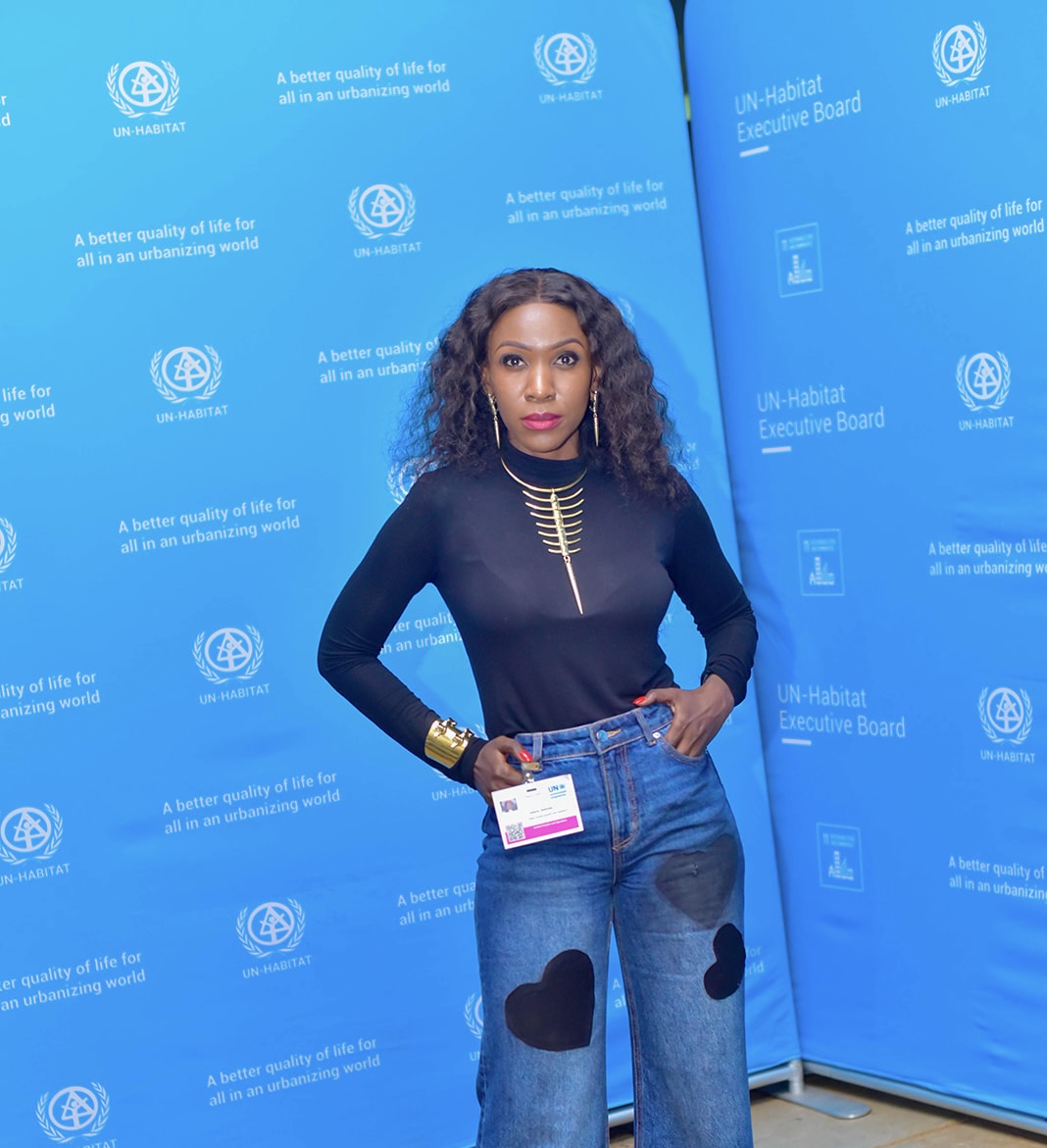What I’ve Learned As A Model, A Beauty King, And A Man On A Missio
-
Fesheni.Africa
- July 12, 2025
Through EFWA, we have built a platform that showcases innovative eco-friendly designs and sparks crucial conversations around sustainability in fashion.
In the ever-evolving world of fashion, sustainability is no longer a buzzword but a necessity. As the co-founder of Eco Fashion Week Africa (EFW Africa), my sister and I, Ruth Dolly the seamstress, have dedicated our journey to ensuring that fashion not only remains an art form but also a force for good.
The Birth of EFWA Africa
Dolly’s Journey: From Fashion Design to Zero Waste
“As a fashion designer, I saw firsthand the immense waste generated at the garment production stage. Fabric scraps, excess materials, and unsustainable practices were the norm. I knew something had to change. I transitioned into zero-waste fashion, embracing upcycling and responsible production methods while educating designers and students about sustainability. Fashion should be as innovative as it is responsible.”
Belinda’s Journey: From Global Travel to Sustainable Fashion
“My journey into sustainable fashion was shaped by my global experiences as a flight attendant. Traveling the world exposed me to the stark contrast between fast fashion consumerism and the emerging slow fashion movement. Seeing my sister’s commitment to zero-waste fashion inspired me to take action. Together, we envisioned Eco Fashion Week Africa as a platform where sustainable designers could showcase their work, advocate for ethical production, and drive meaningful conversations about the future of fashion in Africa.”
Through EFWA we are redefining African fashion by merging creativity with sustainability, proving that the industry can be both stylish and responsible
Sustainable Fashion in Kenya: The Role of Fashion Weeks
Sustainable fashion in Kenya is gaining traction, with local designers increasingly adopting environmentally conscious practices. Fashion weeks play a crucial role in this shift, serving as platforms for showcasing responsible fashion while educating consumers and industry stakeholders about sustainable alternatives.
At EFWA, we go a step further by focusing exclusively on sustainability. Unlike mainstream fashion weeks, we prioritize designers who adhere to ethical production standards and eco-friendly materials. This emphasis on sustainability fosters a new generation of designers who see fashion as a force for good.
Milestones in Sustainability and Designer Selection Criteria
Over the years, EFWA has achieved significant milestones in our journey towards sustainable fashion. Some of our key highlights include:
- Successfully curating spaces for designer collections that adhere to zero-waste and upcycling principles.
- Promoting artisans and indigenous fabric makers to encourage ethical sourcing.
- Creating opportunities for designers passionate about sustainability to come and showcase their collections in our No New Clothes Runway.
We have a rigorous selection process for designers who showcase at EFWA. Our criteria focus on:
- Use of existing materials to upcycle clothes. Paying attention to African heritage while doing this and using very minimal or no harsh chemical processing
- Ethical labor practices.
- Commitment to innovation in eco-fashion.
- Contribution to the broader conversation on sustainability.
Challenges and Low Moments
As with any transformative initiative, we have faced our fair share of challenges. One of the biggest hurdles has been securing funding and sponsorships, as many industry players still prioritize profit over sustainability. Additionally, shifting consumer mindsets from fast fashion to conscious consumerism remains a work in progress.
Despite these challenges, my team and I remain steadfast in our mission, using these obstacles as learning opportunities to refine and strengthen the platform.
The Future of Eco Fashion Week Africa
Looking ahead, I envision a future where sustainability is the norm rather than the exception. Plans are underway to expand EFWA reach beyond Kenya, creating regional collaborations that will amplify our impact across the continent. So far we have partnered with UNEP and been featured by Forbes Africa on our commitment to Sustainability. We have also held and partnered with various workshops with Strathmore University,
Moreover, we aim to introduce mentorship programs for upcoming sustainable designers, bridging the knowledge gap and equipping the next generation with the skills needed to drive eco-conscious fashion forward.
Expert Commentary: Defining Sustainability and the Business of Eco-Fashion
On Defining Sustainability: “To me, sustainability is the ability to create fashion that respects people, the planet, and future generations. It’s about reducing waste, using ethical labor, and ensuring that our designs do not harm the environment.”
On Achieving Sustainability at EFWA: “Our focus is on circular fashion, responsible sourcing, and community involvement. We work closely with artisans and small-scale producers to ensure our supply chain is ethical and eco-friendly.”
On Future Plans for Greater Sustainability: “We are going global by speaking and networking in spaces like Circular Sustainable Fashion Week in Madrid where our founder will connect with international buyers who can watch our runway and stock the pieces shown on the runway”
On Transitioning to a Sustainable Brand: “Transitioning to sustainability is challenging due to cost implications and limited availability of eco-friendly materials. However, I believe that persistence and innovation will drive the change.”
On Whether Sustainable Fashion is a Sustainable Business: “Yes, but only if we shift consumer culture. Demand drives supply, and if more people choose sustainable options, businesses will have no choice but to adapt.”
Policy Advocacy in Fashion Sustainability
I strongly advocate for policies that support sustainable fashion. Governments and regulatory bodies need to implement policies that:
- Provide grants for sustainable brands.
- Regulate waste management in the fashion industry.
- Encourage ethical labor practices.
On the other hand, certain policies hinder progress, such as high taxation on eco-friendly materials, making them less accessible to emerging designers.
The Legacy of Eco Fashion Week Africa
I hope that EFWA will leave a lasting legacy by instilling sustainability as a fundamental principle in African fashion. In five years, I envision a thriving eco-fashion ecosystem where designers, consumers, and policymakers work together to make sustainability mainstream.
Through dedication and vision, I am committed to reshaping Africa’s fashion landscape, proving that style and sustainability can go hand in hand.


